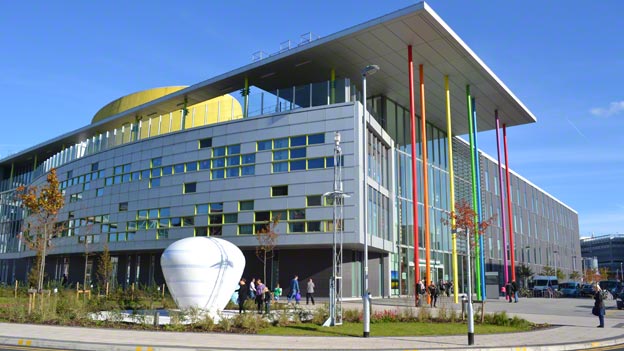The two organisations representing the NHS frontline – NHS Confederation and NHS Providers – today warn that millions of patients risk being condemned to further pain and delays for their treatment if the government fails to recognise the full scale of the unprecedented impact COVID-19 has had on the NHS.
Their stark warning comes as the government finalises future NHS funding as part of the spending review. Media reports suggest decisions could come as early as next week, as parliament returns from its summer break.
The warning accompanies a new report from the two organisations, A reckoning: the continuing cost of COVID-19, setting out the full scale of the extra running costs now needed by the NHS in England. Next financial year the frontline NHS will need around an extra £10bn of revenue funding.
Between £4 and £5bn to cover extra costs driven by COVID-19, estimated in the new report as £4.6bn.
Between £3.5 and £4.5bn to recover the care backlogs created by COVID-19 across elective surgery, cancer, mental health and community services. This amount will be needed for each of the next three financial years.
Recognition that, over the last 18 months, trusts have not been able to make the annual 1.1% efficiency savings assumed in the existing NHS five-year budget given their overwhelming focus on treating COVID-19 patients and that returning to this level of savings will take time.
This is in addition to the costs of delivering the government’s key manifesto commitments of building 40 new hospitals and reforming our overstretched social care system as well as meeting the ongoing central government bill for COVID-19 activities like Test and Trace and COVID-19 vaccination.
The report is based on an extensive survey of England’s 213 hospital, mental health, community and ambulance trusts, which spend nearly two-thirds of the NHS budget. It lists 15 areas where, to provide pre-COVID levels of treatment and meet the extra demand COVID-19 has created, NHS trusts will have to spend an estimated extra £4.6bn each year, compared to the existing NHS five-year budget set in June 2018.
These new extra costs include the need for trusts to have strict infection prevention and control measures in place, including personal protective equipment; rising demand from sicker patients; and from the cost of hiring temporary NHS staff to cover those who are unable to work due to sickness and self-isolation.
The chief executive of NHS Providers Chris Hopson, said:
“The NHS has consistently demonstrated that, when it is properly funded, it delivers for patients and the nation as a whole. In the early 2000s, for example, with five consecutive years of significant, real terms funding increases, the NHS cut waiting lists at record speed.
“Trust leaders have strongly welcomed the extra COVID-19 funding the government has provided. This meant that, in the January COVID-19 peak, the NHS massively increased critical care capacity at the drop of a hat to cope with 34,000 hospitalised COVID-19 patients. And, over the last nine months, the NHS has delivered a world class vaccination campaign which has been key to coming out of lockdown.
“COVID-19 is a once in a generation, global, shock, the seismic impact of which is unlike anything the service has experienced in its 73-year history. The government has said that we must learn to ‘live with COVID-19’. That means they must fully recognise the extent, length and cost of the impact of COVID-19 on the NHS.”







